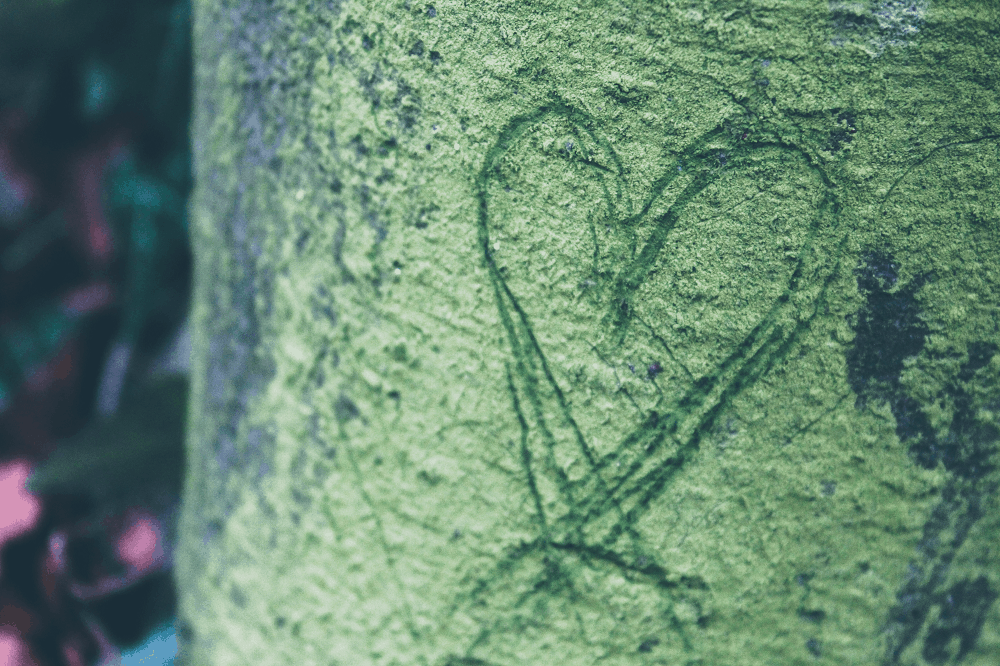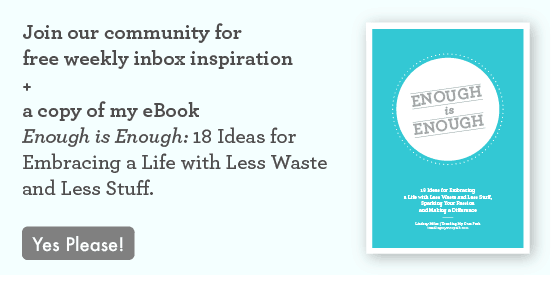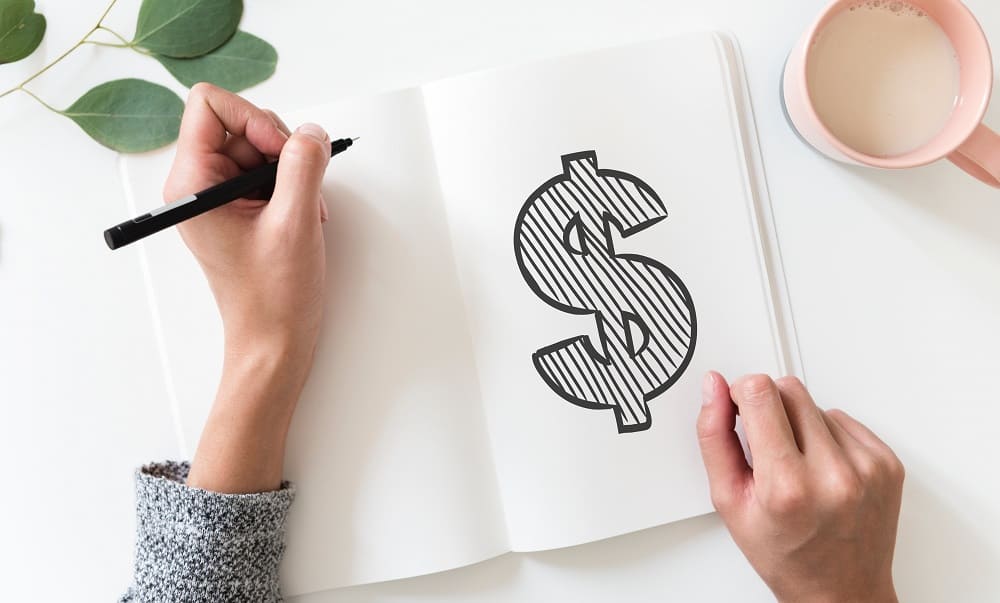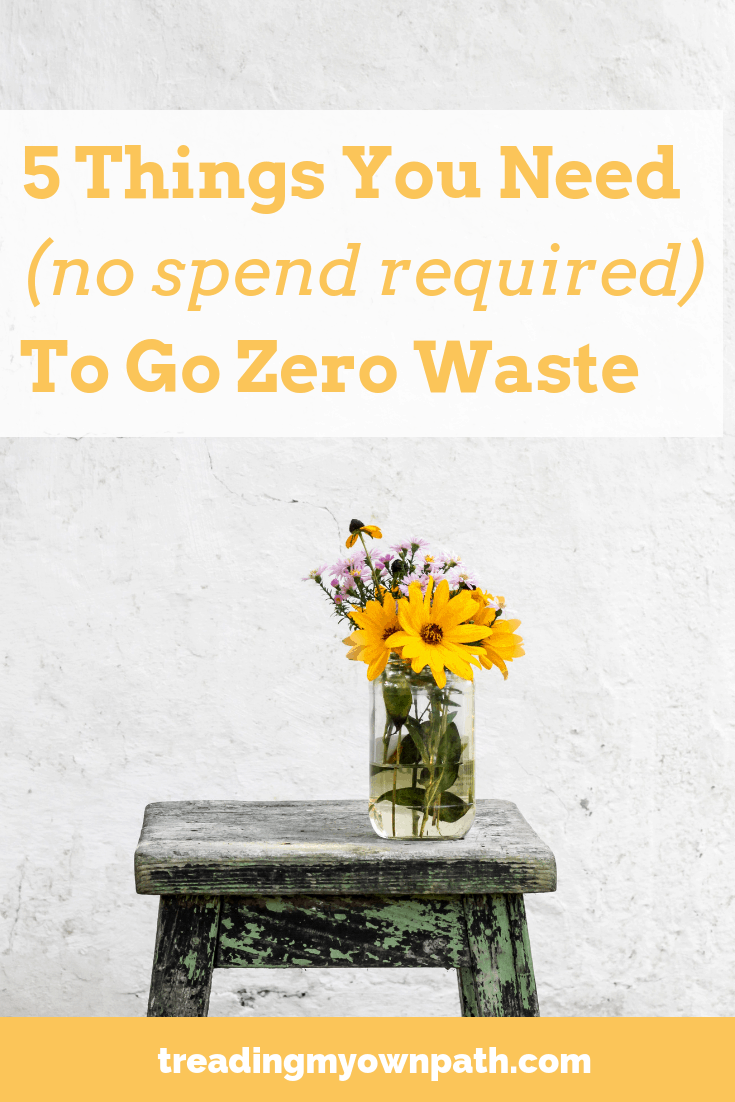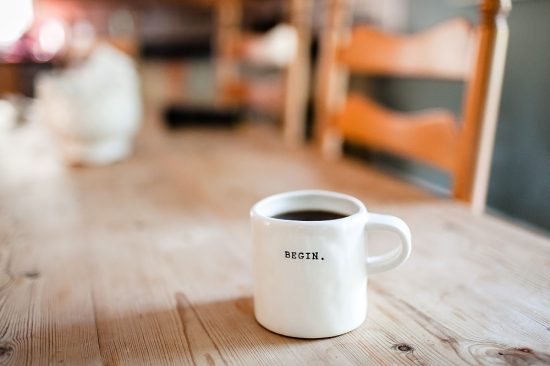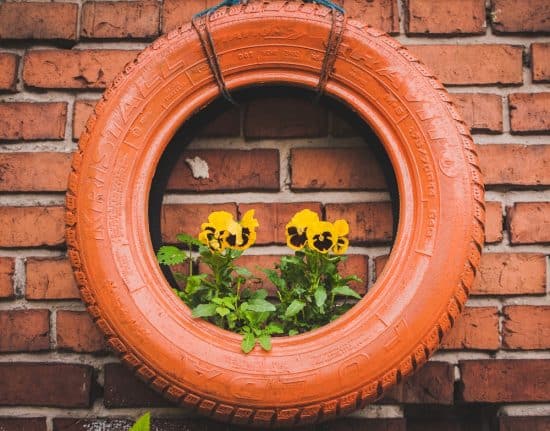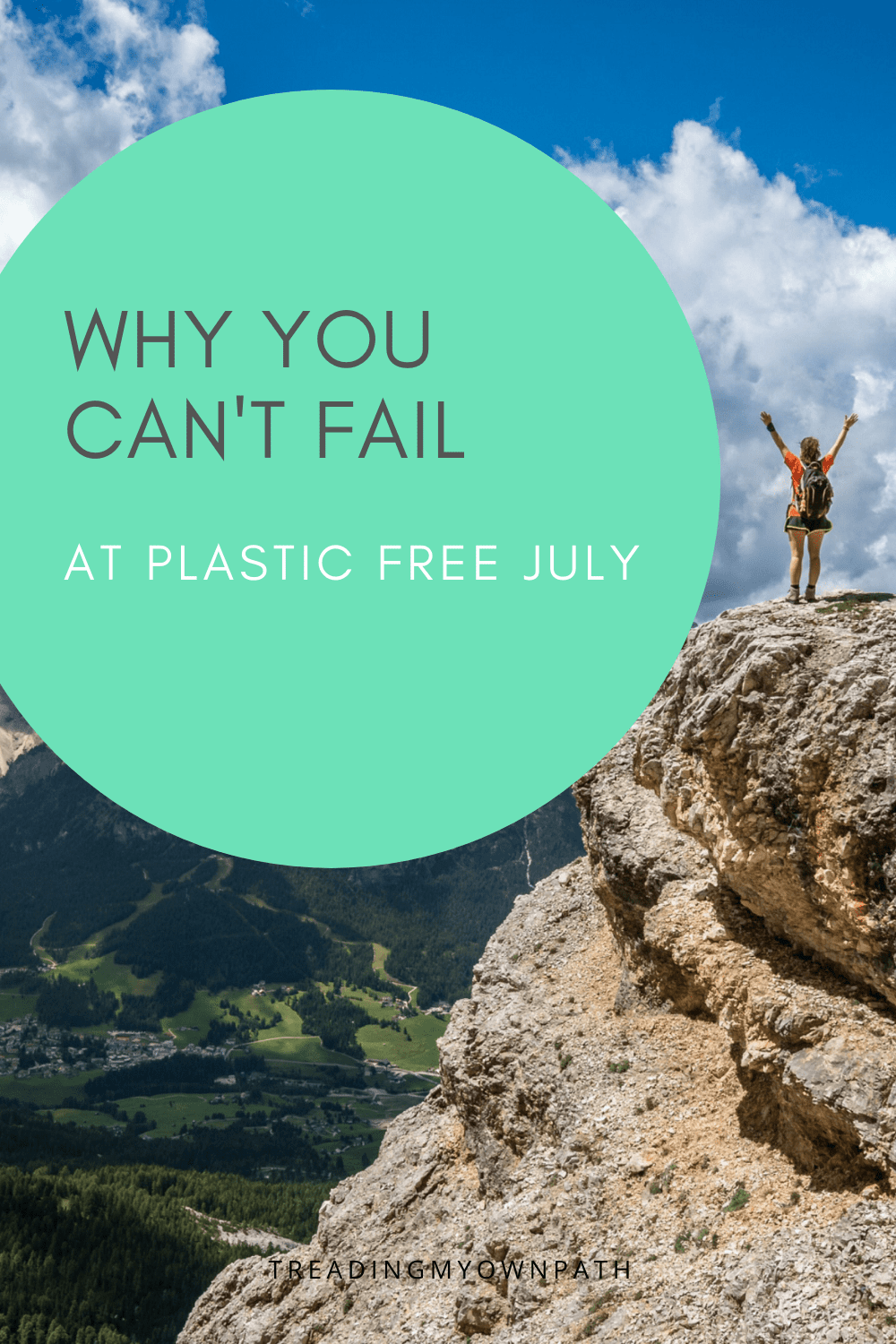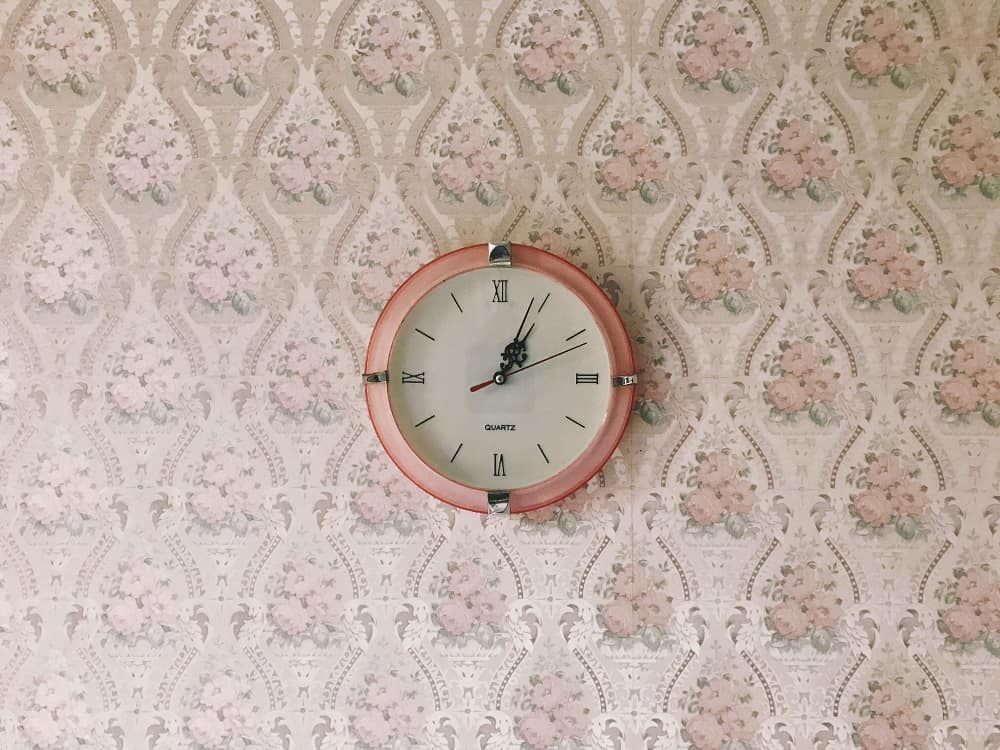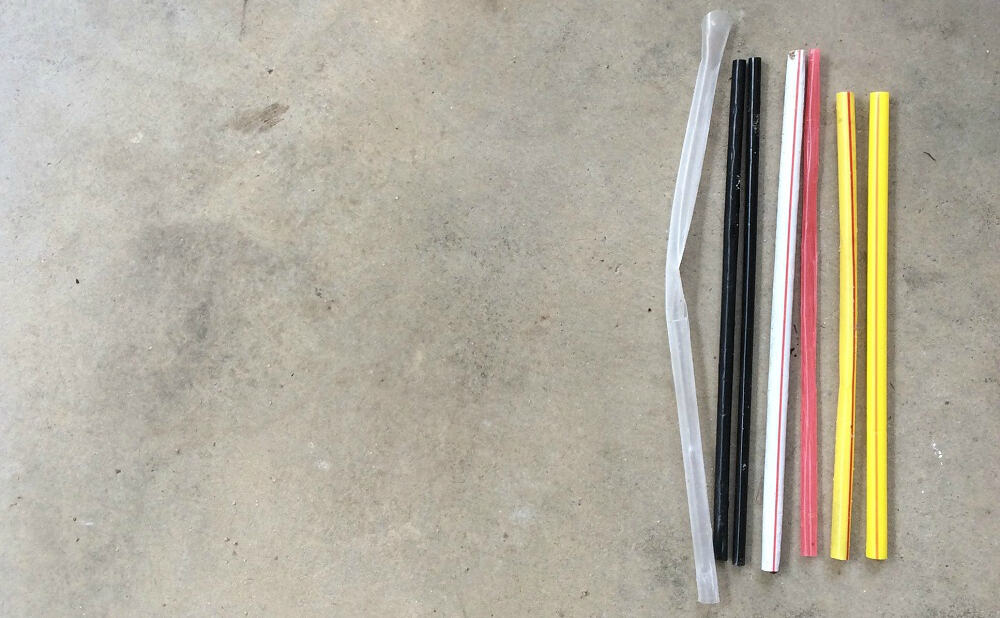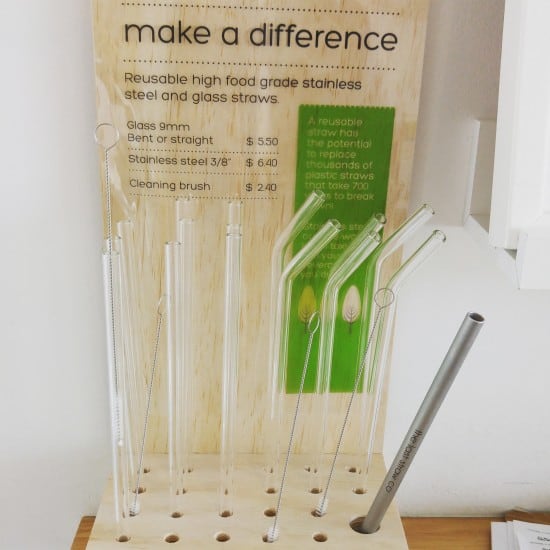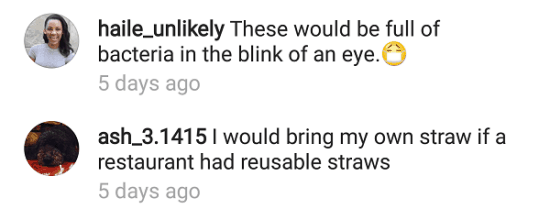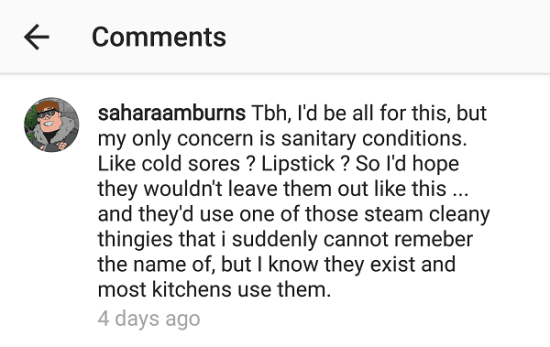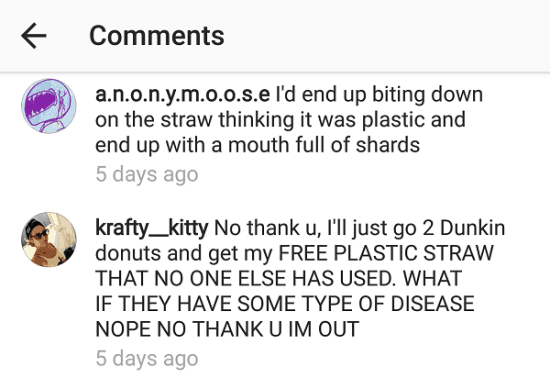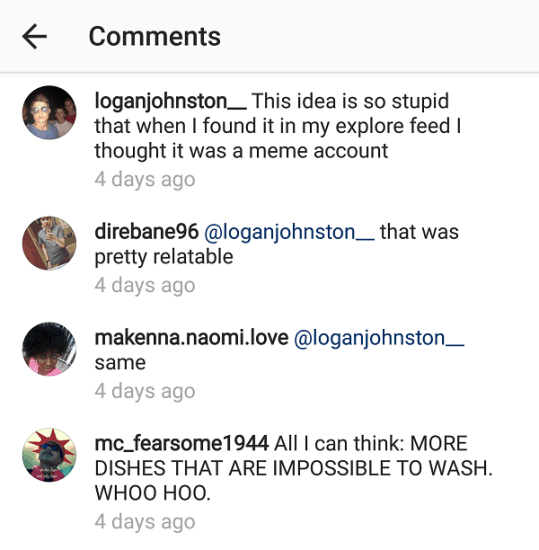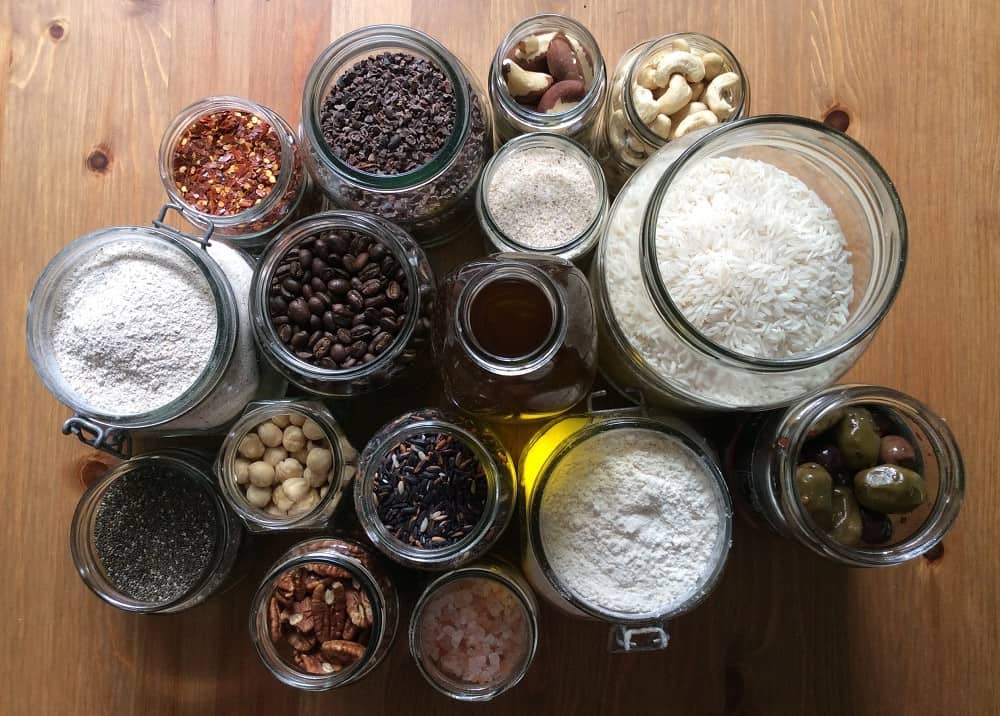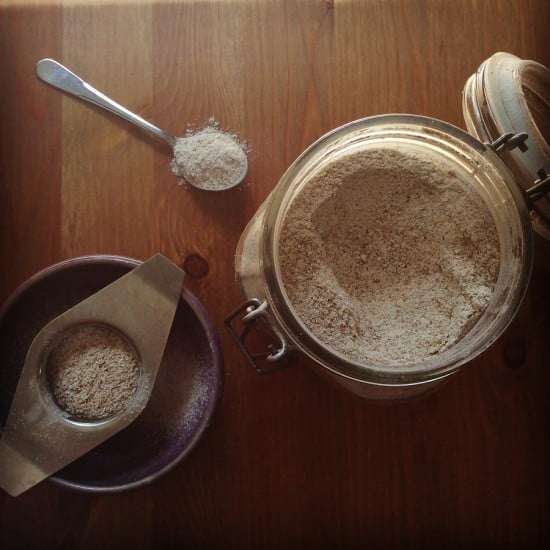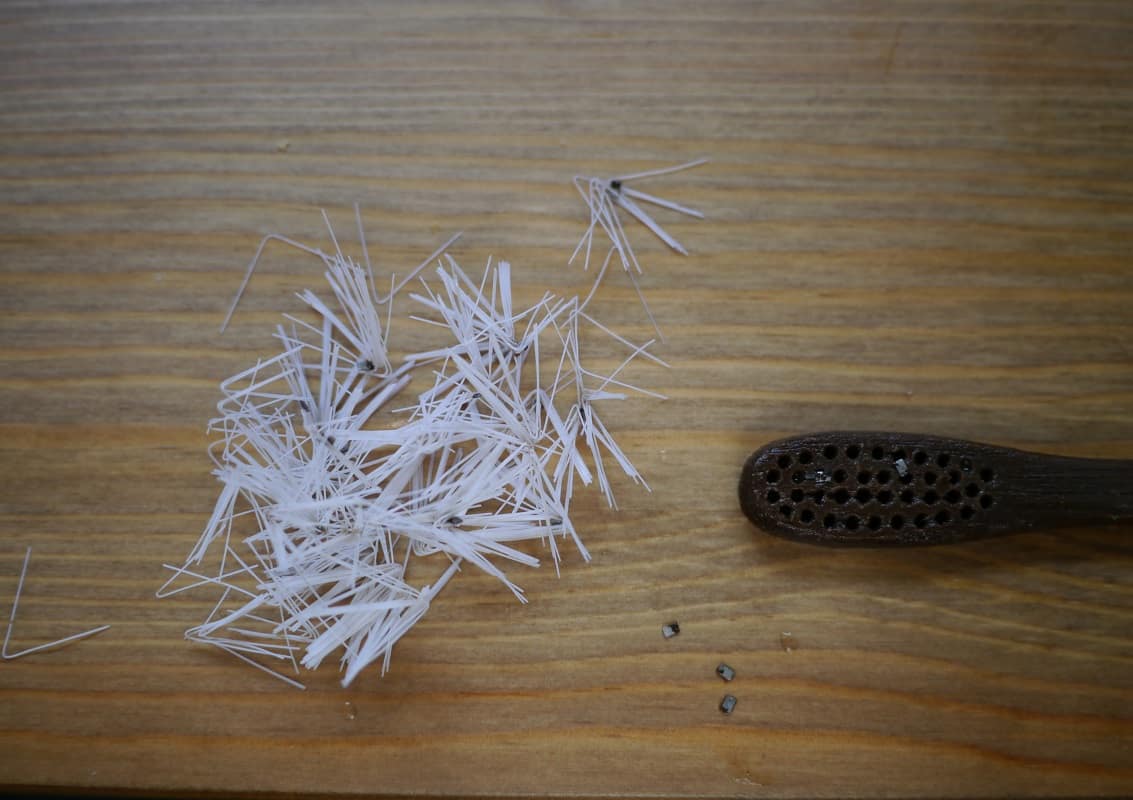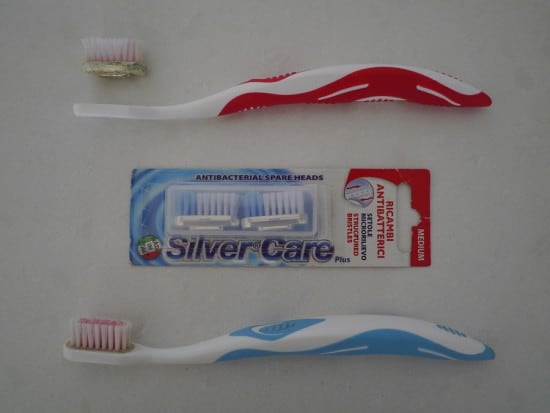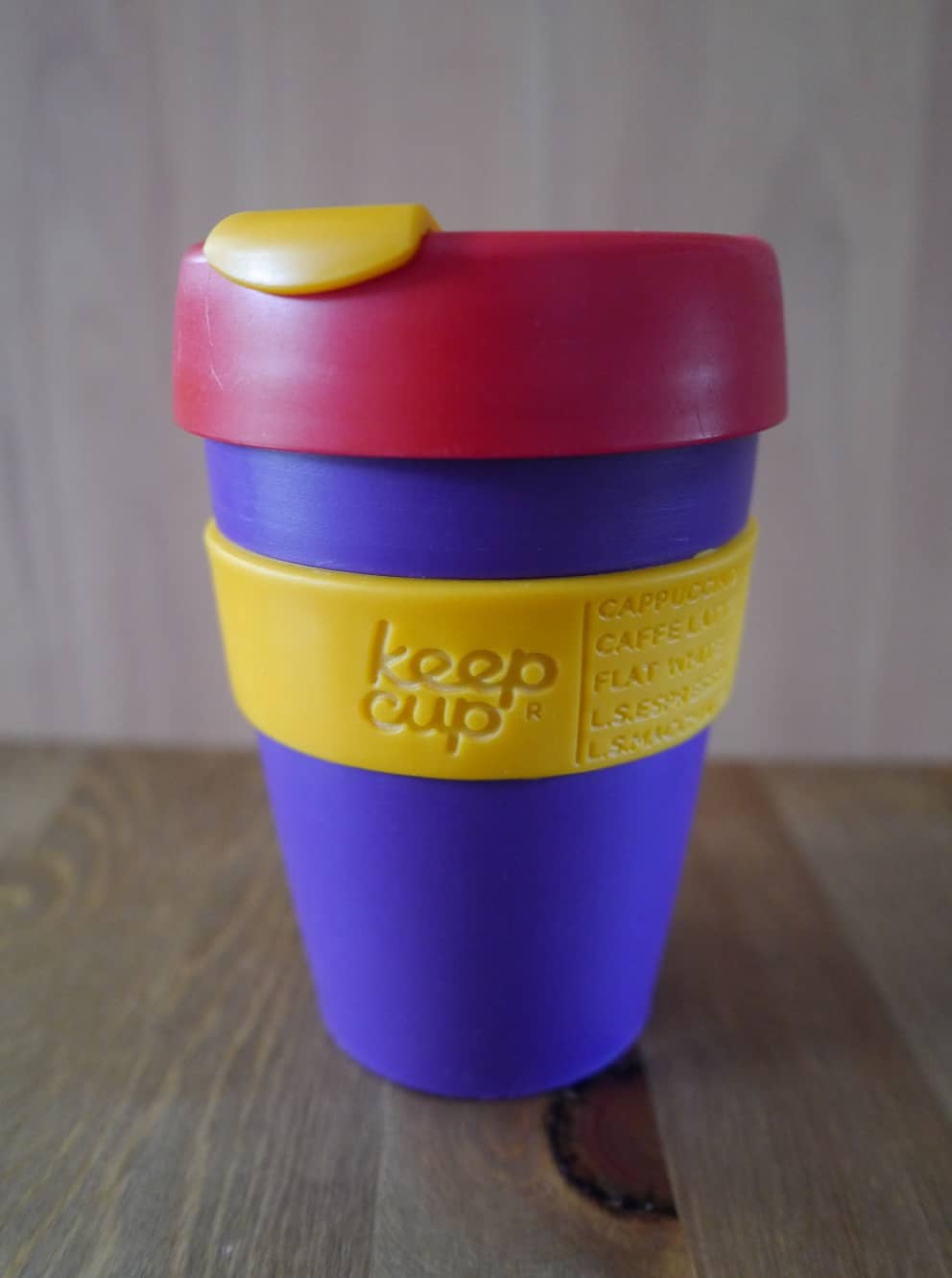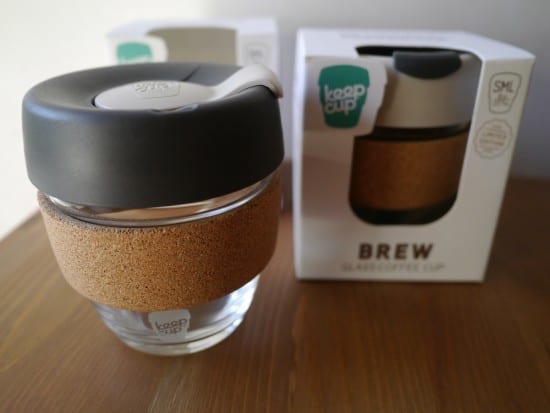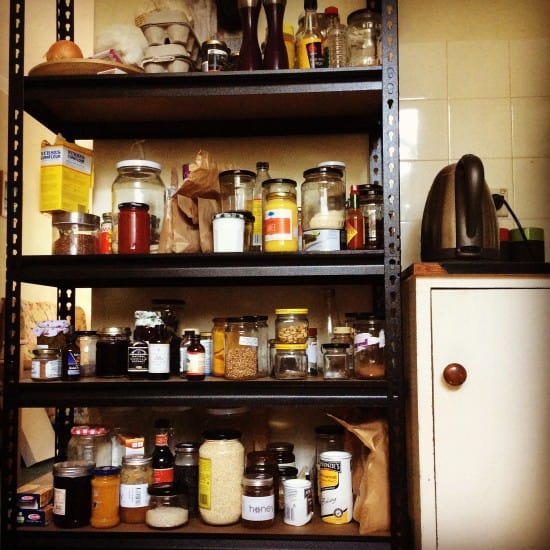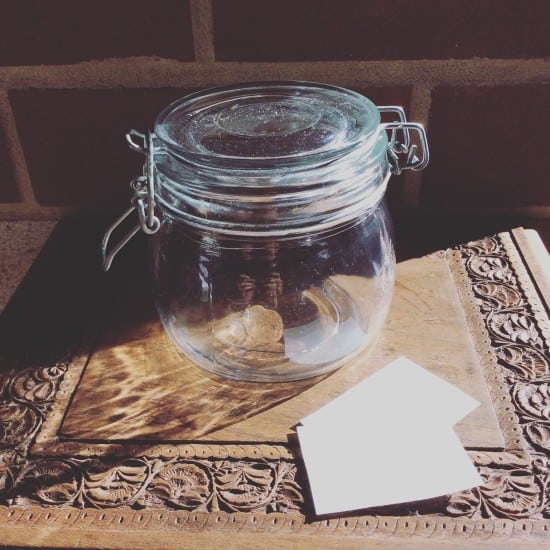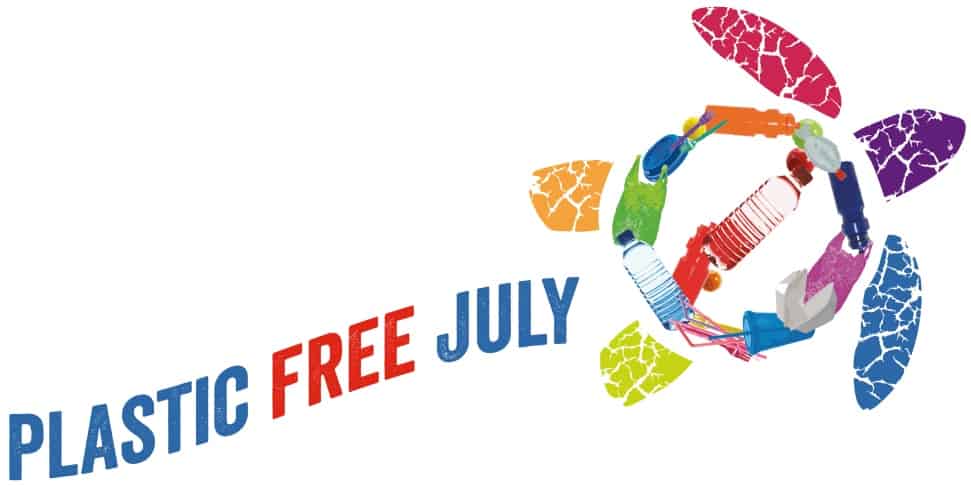Tired of ‘eco-judgement’? Here’s how I’m tackling it
Have you ever made a deliberate choice to do/not do something because of the environmental, ecological and/or social impact, and then mentioned that choice to a friend, shared it on social media, or made a comment to a colleague, only to be told:
‘That’s not the best* thing you could be doing’ / ‘your actions don’t matter’ / ‘why did it take you so long to start’ / ‘what about doing x instead’ / ‘don’t you know y has a bigger impact’ / ‘it’s not perfect’ / ‘you’re not perfect’ / another equally frustrating and deflating thing?
Oh you have? I had a feeling it wasn’t just me.
I don’t know about you, but I do not find it the least bit motivating to be told all of the gaps in my effort, nor do I get inspired after hearing all the ways I’m doing everything wrong.
And yet… it happens. To all of us.
The reason I’ve been thinking about this (well, one of the reasons) is that I’m currently in the process of redoing my website (it’s long overdue). Part of that means updating my ‘about’ page, which I last touched circa 2015. Not even kidding.
Writing an ‘about’ page isn’t just writing about me. It’s introducing the website and the ideas and topics I cover to new readers, explaining the types of things I write about, and giving a good idea of what to expect.
As you can imagine, over the last four years, things have evolved a little, and I want my updated page to reflect that.
Now I’ve always tried to keep this website reasonably upbeat, and focus on the positive and practical. I also try to be gentle in my approach. I’m not perfect (and really, who is?), plus I still remember the time before I went down this path, when I did all kinds of things and made all kinds of choices that I wouldn’t now.
I’m sure I’ll be able to say the same thing in 10 years time about choices I make today.
But over the years I’ve softened a little more in my approach and outlook. The more I see other perspectives, the more I see that change is a process, it’s not always easy, and everyone has a different capacity to do so.
This website has always been about the choices I make, why I make them, and how I go about doing what I do. It’s a reflection of the way I think and my personal navigation of the issues. My hope of course, is that you find this useful and practical – but there is no expectation that you will be able (or want) to do everything that I do.
I am not the zero waste police. I want people who visit my site to feel supported, without any underlying tone of judgment. Something I’ve been really trying to do in my vocabulary over the past year or so, and in anything I write, is remove the words ‘should’ and ‘should not’. These are judgment words, full of opinion and swayed by the values of the person doing the judging. I don’t find them helpful.
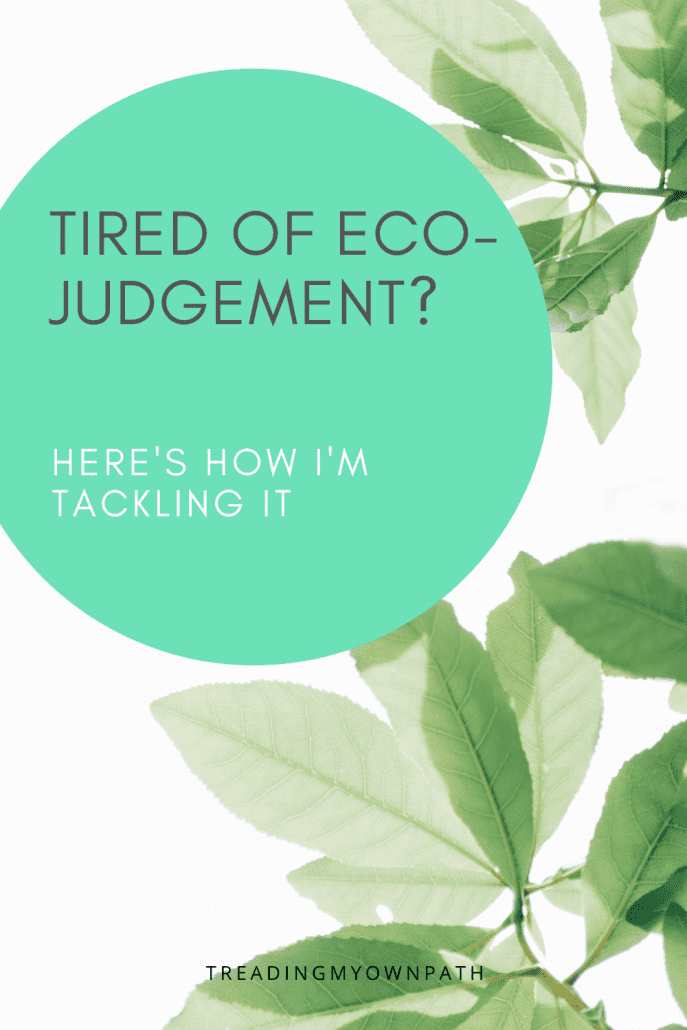
And so, I am declaring this space a ‘should’ and ‘should not’ free zone. That’s not to say I’ve never used those words in the past, but I am trying not to use them now. My place is to tell you what I do, not tell you what you should do.
Removing judgment words from your vocabulary – you should think about doing this, too. (See what I did there?! There is absolutely no ‘should’ about it. You might like to think about it. I found it helpful. That’s what I really mean.)
One of the reasons I wanted to do this, is because more and more I see and hear about eco-judgment and eco-oneupmanship in the sustainability space – and it makes me sad (or is that mad… maybe both).
Aren’t we all meant to be on the same side – team planet?
Yes, if you have the capacity to do more, then do more. No need to gloat, however! And it isn’t realistic or fair to expect that everyone will be able to make those same choices.
Nor is it realistic to expect everyone to be at the same point in the journey. I know that so often these critiques are given with the best of intentions; but at the start of the journey, when everything is already so new and overwhelming, being bombarded with a whole other set of ethics/morals/values/opinions that weren’t even on the radar a minute ago isn’t usually that helpful.
I feel lucky that when I started out with living with less waste, back in 2012, there really weren’t that many people ahead of me in the journey. So by default, I had the space to find my own way, discover things I could change and make progress at a pace that worked for me.
Now I feel like it’s a little more tricky.
Just today I read an article published by the BBC (no less) declaring that asthma sufferers had as a big a carbon footprint as people who eat meat. But the article was not about reducing air pollution. Instead, it seemed to be entirely the fault of asthma sufferers, for having asthma. Apparently some could switch to ‘greener’ medication.
I don’t know why this ‘eco-guilt’ and ‘eco-shaming’ is on the rise. In the case of asthma sufferers (and is this reflective of these issues in general?), maybe it is simply easier to blame individuals than address the systems that need changing.
Anyways, in my own small way, and in the spaces I hold, I am taking a stand.
There is no room for eco-guilt, eco-shaming, eco-oneupmanship and generally feeling bad whilst trying to do good over here. We’ve got to keep that room available for creating positive change and motivating others, not dragging them down!
When other corners of the internet start to get a little shouty, know that this is my pledge to you.
That’s not to say I don’t want to hear your opinions, especially if they are different to mine! Now I love the comments section of this website. It easily doubles (triples!) the value of anything I write when others share their perspectives, experiences, and yes – opinions. You’ll notice that at the end of almost every post, I invite people to share their thoughts and leave a comment.
Yes, I want to hear from you!
Comments are great. Opinions are welcome. Alternative experiences being shared is encouraged. There’s plenty of room to disagree and offer alternative viewpoints. And I’ve no plans to change this. It creates a richer experience for everyone, and I’ve learned a lot from the comments that you all leave.
This isn’t the same as judgment. That’s when people rock up and start telling others (often people they’ve never met) what they ‘should’ do. I don’t really even need to say this, because we already have such a positive and judgment-free space, but when addressing others, I’m going to encourage you to leave your ‘should’s and ‘should not’s at the door.
Change can be difficult. Eco choices aren’t always straightforward. People have different energy levels, priorities, budgets, commitments, accessibility and skill levels. Everyone is at a different stage of the journey.
Personally, I think we can get a lot more done – and have a much nicer time doing it – if we spend less time looking out for failings, and more time being supportive of where people are at.
Others make choices we wouldn’t make ourselves, but that doesn’t make them wrong. We’re all just imperfect humans in an imperfect world, living in a system where sustainable solutions aren’t always within reach. We are all doing what we can. That’s not a reason to feel guilty. That’s a reason to feel good.
Now I’d love to hear from you! Do you ever feel guilty about when it comes to trying to be more eco-friendly or live with less waste? Do the opinions of others add to that guilt? Any tips for dealing with negativity? How have your views changed over time? Anything else to add? Please share your thoughts below!

